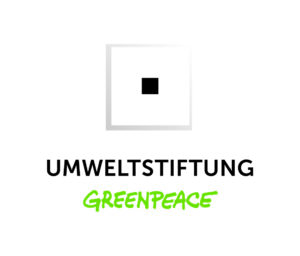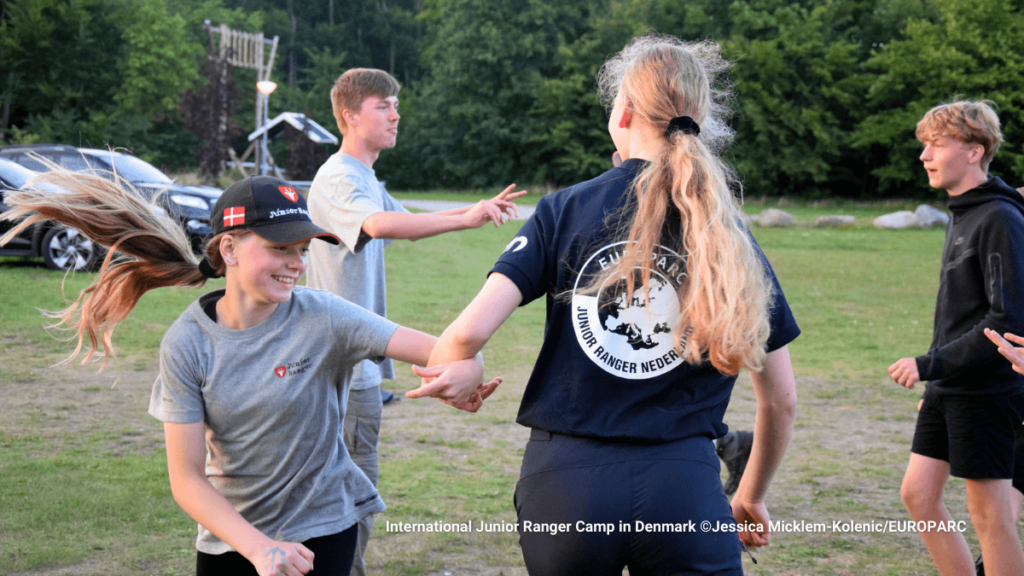The EUROPARC Federation and the European Ranger Federation (ERF) are two European conservation organisations with many overlaps – the first is an established network for protected areas in Europe and experienced in facilitating European conservation policy for them, the latter young and committed to supporting rangers and their work on the frontline of these protected areas.
In this interview, EUROPARC President Michael Hošek and ERF President Urs Reif talk about starting points for deeper cooperation and their plans for 2024.
Michael, at the EUROPARC Conference 2023, the EUROPARC Nature Regional Landscape Parks Task Force launched the “Declaration on Climate Change & Biodiversity Action”. In your opinion, how important are those areas in tackling these burning issues?
Michael: Nature Regional Landscape Parks – for simplicity I will refer to them as NRL Parks – are one of the fundamental areas of nature conservation. They usually cover large areas and have a close relationship with local communities. The declaration emphasises the importance of NRL Parks for the conservation of nature and adaptation to climate change. It calls on decision-makers in Europe to invest in parks. After all, we often talk about national parks, biodiversity hotspots and wilderness areas. But in fact, NRL Parks also have great points of contact with local communities, as they cover vast areas in EU countries. They are therefore a clear link between potential sustainable use and nature conservation and can be a good example of how the development of local communities can be better integrated into nature conservation. Investment in these areas is therefore about providing those who work in the parks with appropriate skills so that they can fully utilise their role, their knowledge and the territory in this sense. And it is also about providing the necessary political support, including in the form of financial support or access to funds.
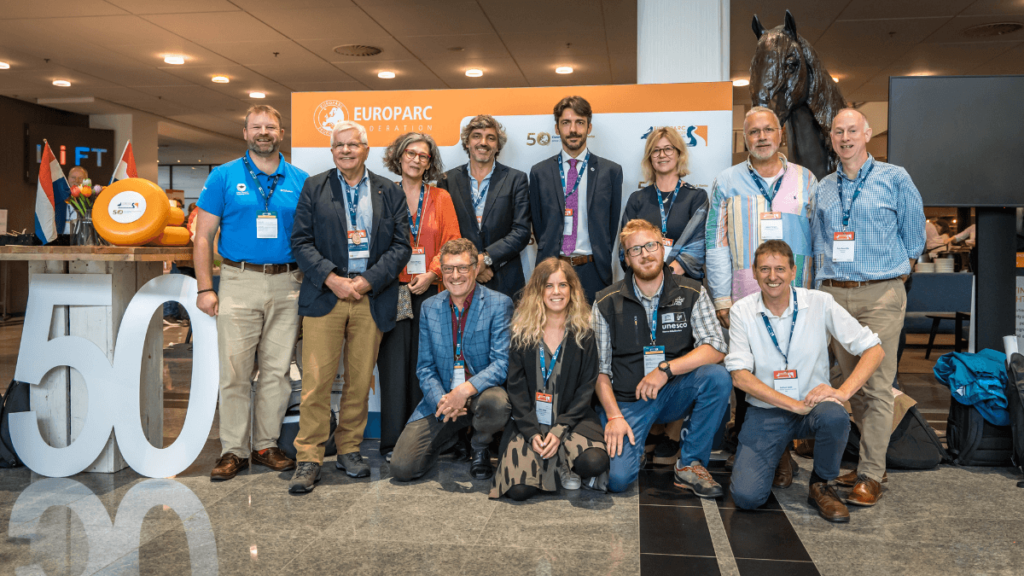
However, the statement from our last conference is equally important. With seven ‘steps’, the declaration serves as a guide to how Europe’s protected areas can lead the way to a greener, healthier and harmonised future. One step is about trying new things. When we talk about rangers, this could mean involving this profession in our areas as partners in communicating with businesses such as foresters or farmers to encourage them to act more sustainably.
Urs, the Declaration issued by the EUROPARC NRL Parks Task Force states: Climate change and biodiversity loss are major threats to life on earth and must be addressed through international cooperation and joint action. How can rangers and park managers pull together even better in future to address these threats?
Urs: There are a lot of political goals for nature conservation. They are very important to have, but we need to bring them to the people. And this is, like Michael said, not only about park visitors, but also about the communities. There is often a lack of communication between the park management and local people. So there are biodiversity goals for the protected areas, sometimes resulting in restrictions for local people and visitors. When it comes to talking about those goals and their consequences on eye level, rangers come in. The perfect ranger would live in the communities nearby, meeting their inhabitants in the national park, explaining conservation goals in an accessible way while at the same time listening to their opinions. I feel this is getting even more important as the political goals and their urgency are growing.
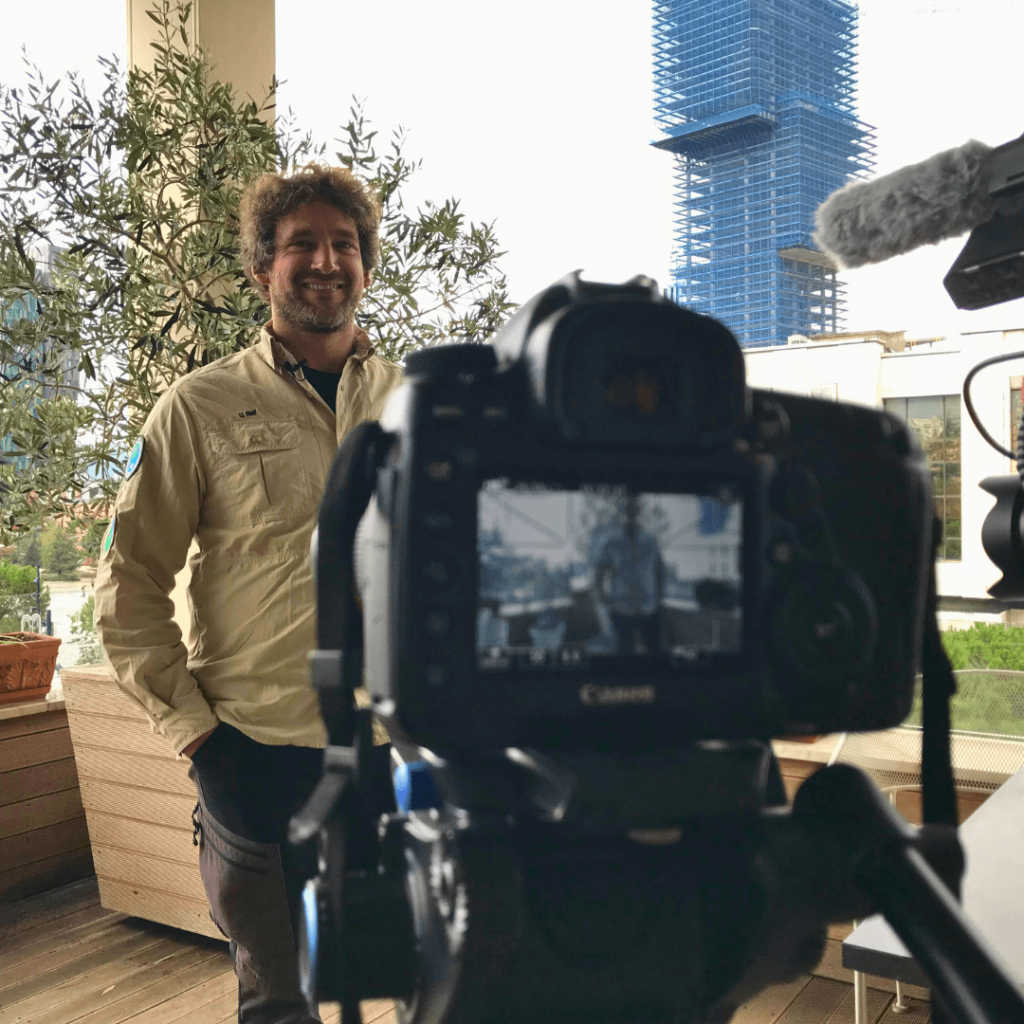
“People often don’t feel taken along by decision-makers. Through intensive exchange
Urs Reif, chief ranger in Black Forest National Park and President of the ERF
between park administration and rangers, rangers can be the direct link to the communities.”
Also, looking at the political situation, in many European countries, we see a shift to right wing, antidemocratic and anti-european movements. I see the same gap here: The population doesn’t feel taken along by political decisions. If we have open-minded world citizen rangers connected throughout Europe, ranger work could also address those social and political aspects of our society. Of course, this is also true for other professions. But as we are talking about rangers and cooperation with the park management, it is crucial that the rangers can realise their full potential as a direct link to the communities. This only works with intensive networking between the two parties.
Michael: I think the link between park administrations and rangers is very important. We need full-time rangers. Their job description should clearly include only ranger duties so that they have enough time not only to be in contact with local communities and visitors, but also to learn and gain practical experience in this field as well as in actual conservation.
Can you both give us a brief overview of what your Federations have planned for 2024 with regard to these topics?
Michael: Last year, we celebrated our 50th anniversary. In the storybook on our anniversary conference, you will find many ideas for close cooperation. Rather than read our whole annual programme to show how this relates to our work on the ground in nature conservation, I would like to highlight our new EU Commission project on biodiversity targets. We as EUROPARC are leading a consortium of institutions to develop a common methodology to assess the management effectiveness of protected areas over the next four years. This will be linked to the recently adopted EU Nature Restoration Act.
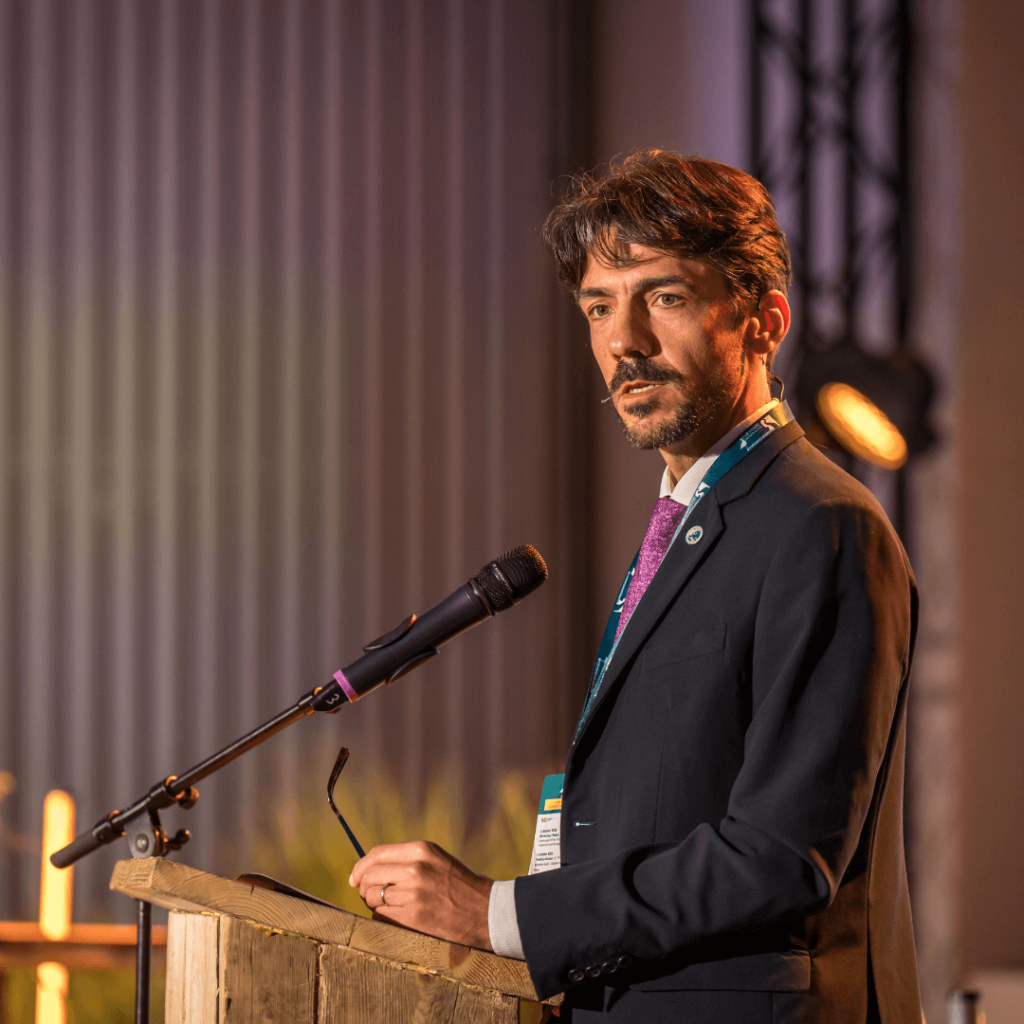
“EUROPARC is leading a consortium of institutions to develop a methodology for assessing the effectiveness of protected area management to be linked to the EU Nature Restoration Act.”
Michael Hošek, President of the EUROPARC Federation
I think even in Europe, the issue of management effectiveness of protected areas is very hot: we still have many paper parks or those that are designated but not in good condition. The Nature Restoration Act is not just about protected areas, but about the whole territory of European countries. If we want to restore nature to a favourable state, we also have to work outside the protected areas. I therefore think that the role of rangers will become even broader in the future. This is where EUROPARC wants to become active. Another outstanding topic for this year is the establishment of our European Nature Academy, a place of learning and networking where you can not only be trained, but also be a trainer.
Urs: I just think back to when I started working for the parks. There were so many guidelines, papers, policies from EUROPARC: all this networking to connect the parks across Europe, to set up tools to implement conservation policy and to check the effectiveness of management is very important. For us as ERF, the European Nature Academy is the link to our plans for 2024. In recent years, we have received funding for the first time and started training rangers. This is also one of our main topics for this year and hopefully for the coming years, focussing on train-the-trainer concepts: Rangers providing training for Rangers.
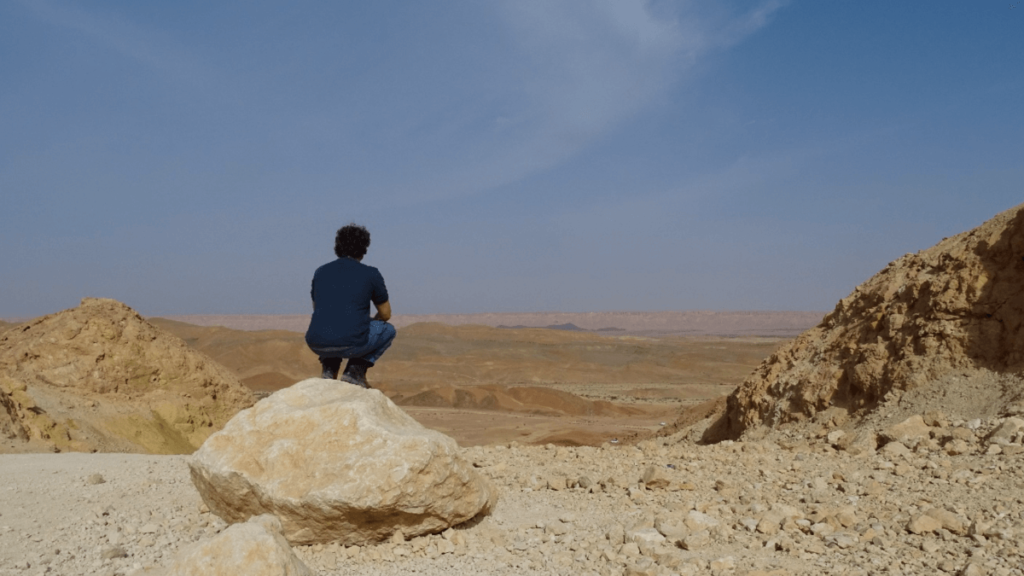
Because there are many common themes in the different countries of Europe. Our twinning programme with Israel has been an eye-opener: Species conservation programmes in Germany follow the same strategies as in Israel, even though we are dealing with different species; the same applies to habitat restoration. This allows rangers to learn from each other across borders, copy ideas and apply them at home. Our second important pillar for 2024 is communication, as we feel that there is a lack of it in the ranger community and there is not much of a network. Now, also thanks to funding and professional support, which enables us to publish newsletters, interviews, social media communication and more, there is a lot more information going around. I think it’s very important for rangers to get the feeling that there are other people in other countries who are fighting for the same goals. And non-rangers might realise that there are rangers in Europe at all.
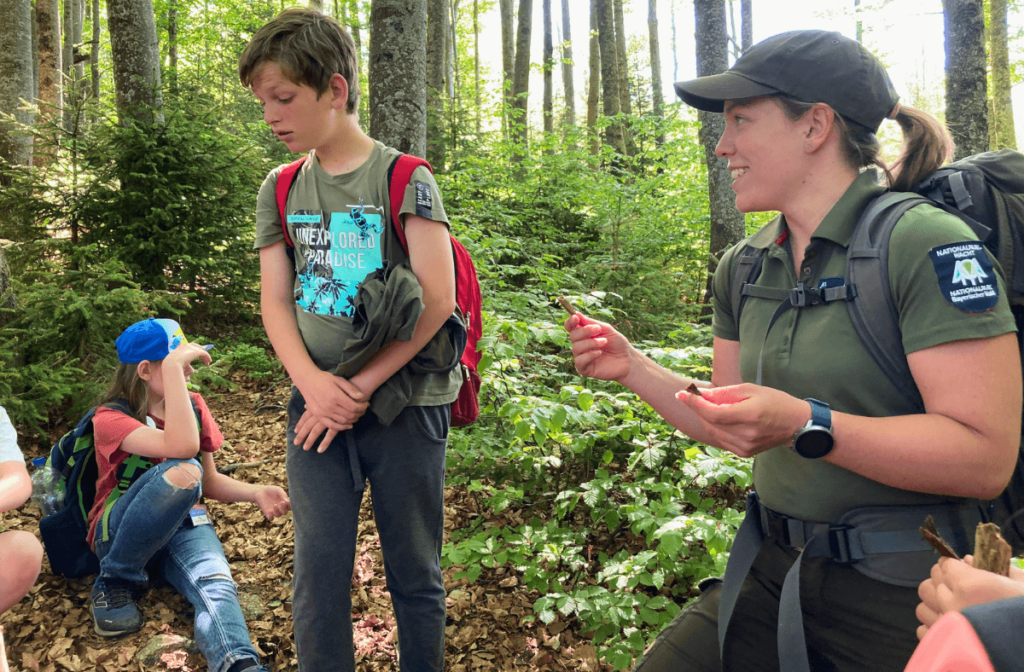
Where do you see further points of contact for possible collaborations?
Urs: I think the Junior Ranger Programme and Youth+ are big topics to cooperate on. We already have a connection with Kristin Biebl, a ranger from the Bavarian Forest National Park, who represents the Junior Ranger Programme in close contact with the EUROPARC Federation and is well connected with the ERF. If we also look at the older generations, the integration of volunteers and thus the connection to the communities they come from is another interesting topic. The European Nature Academy and our training programme could be another important basis for cooperation. And it is very important for rangers to use EUROPARC’s information channels to get an overview of the many discussions in nature conservation – for example, the question of whether a closed system like a protected area is enough to combat climate change when it shifts habitats for certain species to other places. We need to think about new ideas for nature conservation and a regular exchange on this would be very interesting.
“We believe that the importance of rangers is increasing. Visitors perceive the protected area administrations very much through the rangers. You are the front line of nature in Europe!”
Michael Hošek, President of the EUROPARC Federation
Michael: EUROPARC and IRF, including ERF, have a long-standing relationship and co-operation. We have signed memoranda of understanding in this regard. We at EUROPARC have worked closely with the rangers in many ways over the years and it certainly helps that our CEO is a former ranger herself! We invite the ERF to determine the future of this co-operation in terms of your needs and aspirations. We at EUROPARC believe that the importance of rangers is growing. I myself have fresh experience of this from Slovakia, where I train rangers in crisis communication. I realise how much visitors perceive the protected area administrations through the rangers. You are the front line of nature in Europe!
What could future cooperation for the Junior Ranger and Youth+ programme look like?
Michael: The Junior Ranger and Youth+ programmes are excellent examples of cooperation. I also see them as an intergenerational partnership, because we should not forget that the knowledge and experience of the older generation is just as important. So the task is to combine the strengths of the old generation with the energy and willingness of the young generation to try new things in protected areas and in local communities. This could be something to work on with the ERF. After all, our Junior Ranger programme is as much a ranger programme as EUROPARC’s, and we would welcome any input from the ERF to develop, promote and expand the programme. And for those who have Junior Ranger programmes: Send them to the international camp!
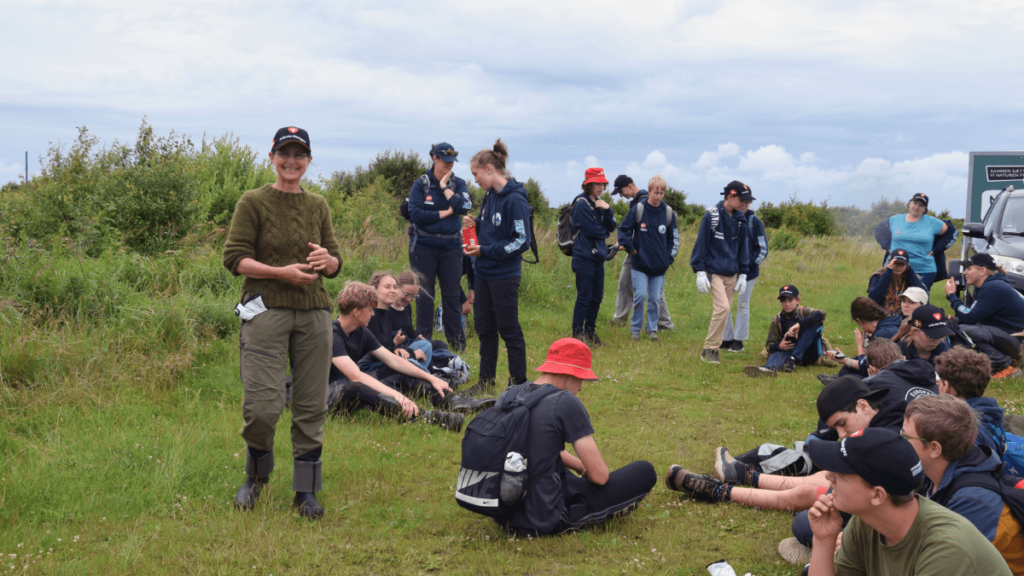
Equally important is the Youth+ programme, which literally grew out of the Junior Rangers and is designed to give young people aged 17-25 the opportunity to advocate for and work with protected areas. We would very much welcome it if more parks and organisations took up the Junior Ranger and Youth+ programmes. It is not only good for the parks and closer co-operation with the communities, but also for our youth to be connected with nature and each other in this difficult and increasingly fragmented and divided Europe.
“Bringing Junior Rangers together on an international level, raising awareness and opening the minds of this young group. We need strong partners like the EUROPARC Federation for this.”
Urs Reif, chief ranger in Black Forest National Park and President of the ERF
Urs: There are often Junior Ranger programmes, but when the children reach the age of the Youth+ programme, there are no more offers in many protected areas. So in order not to lose their years of experience as Junior Rangers, we could focus on this together. And I agree that we can combine the work on bringing young and old generations together. At the same time, as a very young organisation, we can still learn a lot from big organisations like EUROPARC. For example, it is very complicated to bring junior rangers together in practice, but I would very much like to push this forward: Bringing Junior Rangers together on an international level, raising awareness and opening the minds of this young group. We need strong partners for this.
editorial work for this
content is supported by
